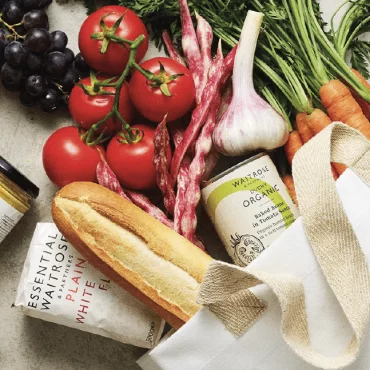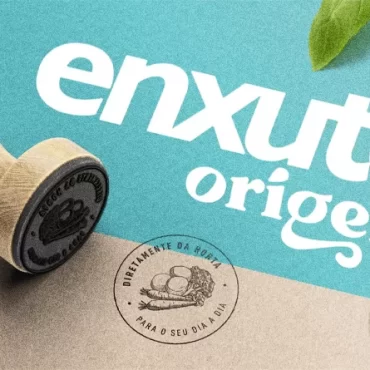Coronavirus crisis: how can brands be more collaborative?

Get inspired
It is very common for consumers to create expectations around their favorite brands. Therefore, during the coronavirus crisis, they expect companies to use their resources to bring positive impacts to society, consumers and employees. Therefore, more than ever, brands need to rethink their strategies and operations, seeking to understand what is most important to the public at this time, in order to satisfy their needs. And some studies show us ways to do that.
A survey by Kantar Ibope Media showed that, for Brazilian consumers, brands must prioritize customer service, protect the supply of products and services, offer discounts, make donations and support hospitals and scientific research, make themselves available to the government to help communities and care about the health of their employees. In addition, for 80% of respondents of another Kantar study, companies should not exploit the pandemic situation to promote themselves.
But how can brands act during the coronavirus crisis?
Whether through motivating actions or facilitating the daily lives of those at home or collaborating with the work of those at the forefront in the fight against the coronavirus, several brands already give good examples of how to position themselves during the pandemic. Check out!
Offer help to communities
The challenge for brands now is to maintain their business without losing focus on people. That is why it is so important that they make themselves available to help communities. Jiggy Puzzles, an American puzzle company that publishes illustrations and paintings made by women, has launched a special series. “Jiggy Originals” is illustrated and painted by new talents and the proceeds from sales go to the “COVID Artist Relief Fund”, which is offering support to artists during the pandemic.

Chinese designer Frank Chou sought a creative solution that helps people incorporate Covid-19’s new hygiene habits for prevention. For that, he joined other studios in the elaboration of “Create Cures”. The non-profit initiative includes designs for sterilizing lamps, technological protective masks, portable sanitation kits, paper gloves and even color changing liquid hand soap to indicate whether the cleaning was done with the correct time.

Create special conditions for customers
In order to strengthen brand awareness, in this challenging period, it is important to make conditions more flexible according to the needs of consumers. The Pão de Açúcar chain, for example, is offering exclusive service hours for the elderly in its stores and giving priority to the delivery of purchases to customers over 60 years of age.
The startup Além, which manufactures travel bags, reinforced its purpose: “To inspire, inform and equip the modern traveler”. For this, the company invested in the production of content, creating a community of travelers in its digital media. There, it is possible to find curiosities about the culture and gastronomy of different countries and pieces that dialogue with the affective memories of travelers. In addition, the brand is offering discounts on its products and vouchers that can be used until the end of next year.

Rethink practices and business model
Because companies cannot open their stores or promote meetings between their teams, they need to improve or create a digital strategy to maintain their operations and rethink their work routine. Thus, Flávia Aranha – clothing brand, dyed with natural techniques – bet on a homemade editorial to launch its new collection and strengthen its presence in digital media. For this, the clothes were sent to the content producer Flávia Ribeiro, who “modeled” and was photographed by her companion, Leonardo Portes.

Following the same line, several Mercado Novo stores – a space that seeks to enhance the gastronomy and culture of Belo Horizonte – are migrating their businesses to the virtual environment. Brands such as Aveia Tapçaria, which promotes handmade products made by residents of the countryside of Minas Gerais, turned to Instagram and WhatsApp to continue marketing their products and relating to their customers.

Propose non-profit solutions
During the pandemic, the goal of companies should not be to increase sales, but to prioritize their contribution to society and strengthen the relationship with the public. A good example was given by Havaianas, which launched the campaign “Dress the sandals of others”, to encourage empathy among consumers. In addition, the brand made footwear and protective masks for health professionals, redesigning its production line in order to also ensure the health of its employees.

The coronavirus crisis has brought many challenges to both large and smaller, local companies. But, as some examples of brands show, empathy and cooperation can help them build resilience and creativity to leave this period with even more capacity for innovation and collaborative work. Did you like this article? Follow our Instagram and Facebook to stay on top of more news!




